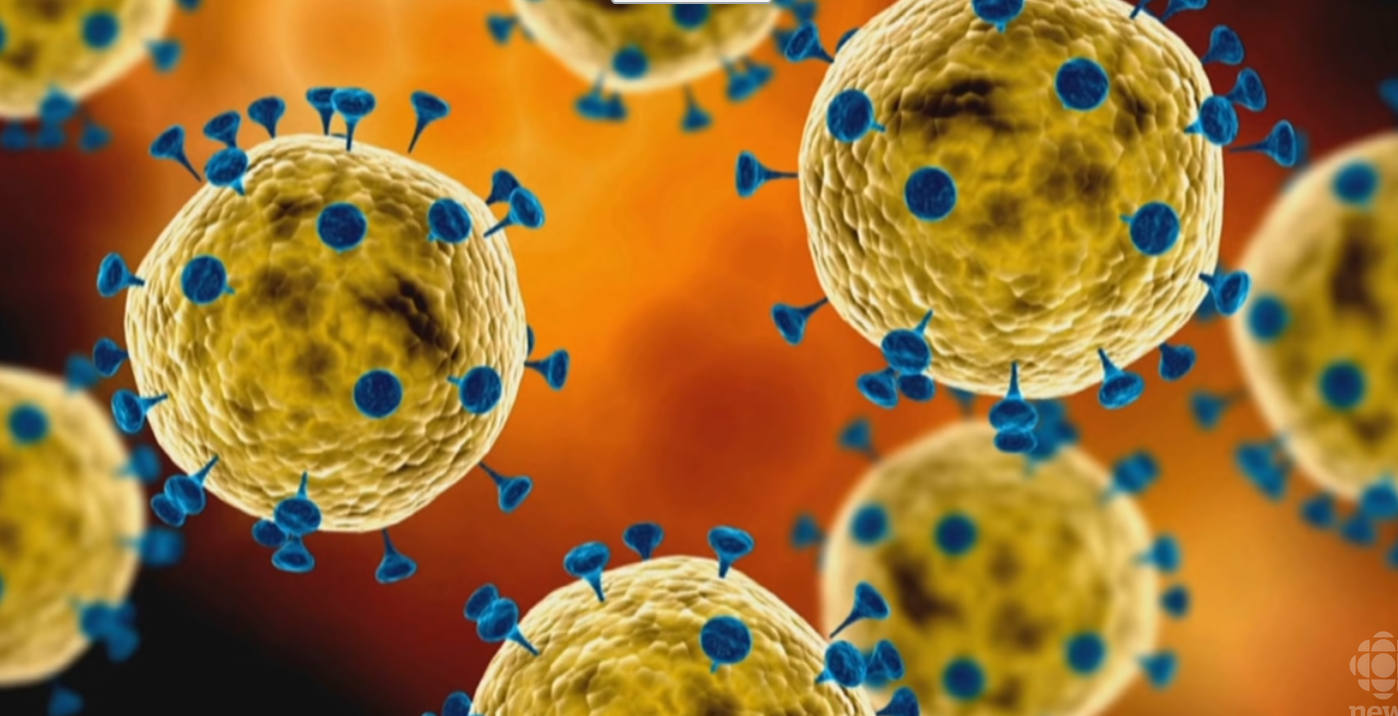1) COVID-19 Guidance for employers
The COVID-19 guidance for employers will help to assist employers and businesses in giving advice to their staff:
- The novel coronavirus, COVID-19
- How to present the spread of all respiratory infections inclusive of COVID-19
- What to do if someone with suspected or confirmed COVID-19 has entered the workplace.
- What advice to give individuals who have travelled to areas outlined by the Chief Medical Officer (CMO) Full list here
- Advice regarding the certification of absence resulting from COVID-19

2) Information About the COVID-19 Virus
The Coronavirus is a type of virus. In the main coronavirus as a group is common. However, COVID-19 is a new strain first identified in Wuhan City, China in January 2020.
The recommended incubation period for COVID-19 is up to 14 days, meaning that if someone remains well and healthy 14 days after contact with a person with confirmed coronavirus, they have not been infected.
3) Symptoms of Coronavirus (COVID-19)
Symptoms develop within the 14 days after exposure to some who has the coronavirus infection, the symptoms include:
- Coughing
- Difficulty Breathing
- Increased Temperature (Fever)
This virus can cause more severe symptoms in people with weakened immune systems, long-term conditions including diabetes, lung disease and cancer.
4) How Coronavirus is Spread
From what is understood about the other types of coronavirus, the spreading of the virus is most likely to happen when there is close contact within 1-2 meters with someone infected. It is likely that the risk increases the longer someone is in close contact.
Increased respiratory secretions are produced when a person infected with the coronavirus coughs or sneezes is thought to be the most common means of infection.
- The virus infection can spread within 2 meters which can be inhaled into the lungs.
- Touching of a surface, object or the hand of someone contaminated with respiratory secretion followed by touching of the mouth, nose or eyes. for example, turning doorknobs, shaking of hands then touching own face.
5) How to prevent the Coronavirus Spread
There is currently no vaccine. The best way to prevent infection is to avoid exposure.
Public health England recommends that following general cold and flu precautions will help in preventing the catch and spread of COVID-19:
- Be sure to DAB (Destroy all bacteria), cover your mouth and nose in the crease of the elbow when coughing or sneezing.
- Put used tissues in the bin, immediately after use.
- Wash hands with soapy water regularly, using hand sanitister gel if soap and water are not immediately available.
- Avoid close contact were possible.
- Clean and disinfect surfaces and frequency touched objects.
- Do not touch face if your hands are not clean.
Further information is available on the Public Health England blog and the NHS
Face masks, especially the ones for the general public are not recommended to protect from infection, there is no evidence to the benefit of their use outside of a healthcare environment.
Employees are not recommended to wear facemasks (also known as surgical masks or respirators) to protect against the infection. Facemasks are recommended to be worn by symptomatic individuals (advised by a healthcare worker) to reduce the risk of transmitting the infection to other people.
Any member of staff who deals with members of the public from behind a full screen will be protected from airborne particles.
6) How long can COVID-19 survive
The length of any respiratory infection can survive depends on multiple factors:
- What surface is the virus on?
- Is it exposed to sunlight
- The difference in temperature and humidity
- Exposure to cleaning products
Generally, the amount of virus on any contaminated surface will have decreased within 72 hours.
7) What to do if an employee becomes unwell and believes they have been exposed?
The COVID-19 Guidance for employers is, if an individual has become unwell, call NHS 111 or in an emergency 999 (only life at risk circumstances), explain if they have travelled within the last 14 days and outline their symptoms.
Whilst waiting for medical attention, the unwell person should refrain from touching any surfaces, objects or doors and remain 2 meters away from others. A separate bathroom should be allocated.
8) Certifying Absence from Work
By law, medical evidence is not required for the first 7 days of sickness. After 7 days, it is for the employer to determine what evidence they require, if any, from the employee.
Your employee will be advised to isolate themselves and not to work in contact with other people by NHS 111 if they are a carrier of, or have been in contact with, an infectious or contagious virus, such as COVID-19.
It is strongly suggested around the COVID-19 Guidance for employers that employers use their discretion around the need for medical evidence for a period of absence where an employee is advised to stay at home due to suspected COVID-19, in accordance with the public health advice being issued by the government.
